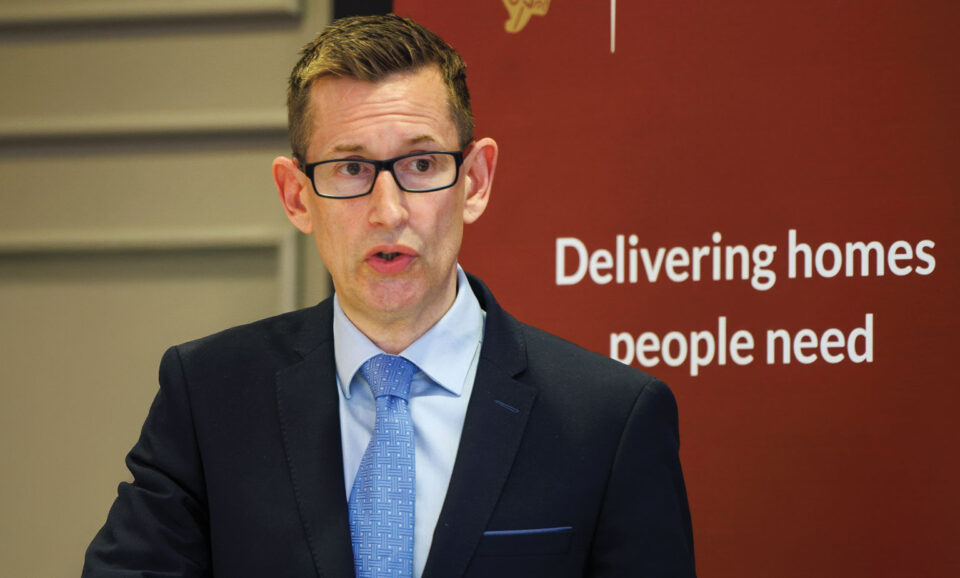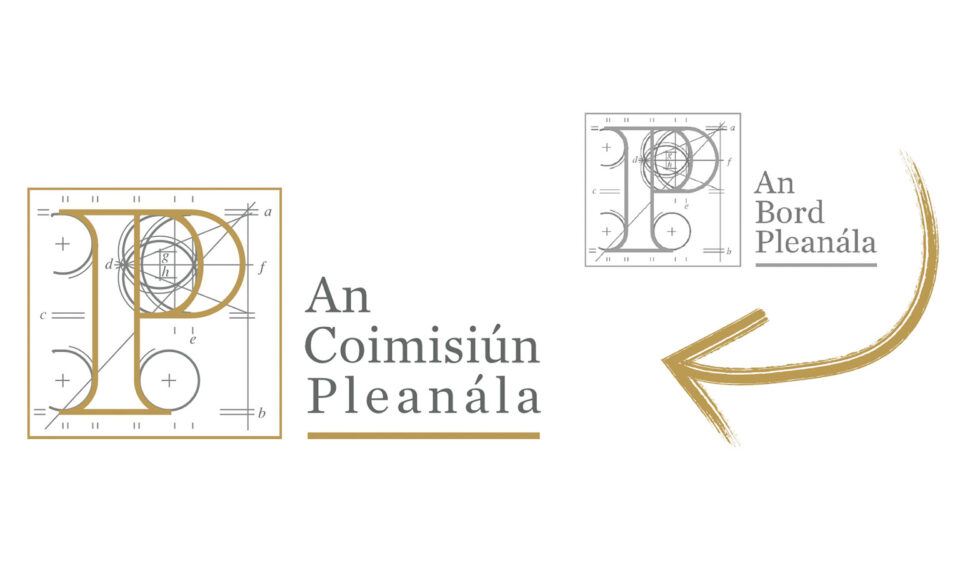
The Grant Aerona R290: Future-proofing heating in Ireland’s housing sector
30th June 2025
Sustainable solutions needed to solve the North’s homelessness crisis
30th June 2025Revised NPF approved as housing supply plateaus

Government is off target to meet housing delivery targets outlined in the first revision of the National Planning Framework (NPF), approved by both houses of the Oireachtas in April 2025.
The NPF states that an average of 50,000 housing units need to be delivered annually to 2040 to meet projections by the Economic and Social Research Institute (ESRI) that the population of the State will grow from the 5.1 million recorded in Census 2022 to between 6.1 million and 6.3 million by 2040. According to the Central Statistics Office, 32,695 dwellings were completed in 2023, and 30,330 were completed in 2024.
Most recently, in June 2025 the Central Bank of Ireland projected that approximately 32,500 units will be completed this year, 1,500 less than its previous forecast in March 2024. It estimates that 37,500 will be completed in 2026, 2,500 lower than its last projection, and 41,500 will be completed in 2027, down 2,500.
The revised NPF aims to reflect changes in government policy since the NPF was originally published in February 2018. It sets out the socioeconomic and cultural development of the State until 2040 and is designed to enable the Government to plan for the provision of housing. An expert group was appointed to review the NPF in March 2023, and it published the following recommendations in August 2023 which informed the revised NPF:
- compact growth targets should be more ambitious and more clearly defined;
- the roles of the bodies involved in its implementation should be clarified and strengthened and mechanisms put in place for more detailed measurement and monitoring of its progress; and
- there should be greater coordination at whole-of-government level on infrastructure projects and new efforts made to generate broader support for national spatial planning.
New policies regarding renewable energy are included in the revised NPF. One involves the identification of regional renewable electricity capacity allocations to enable faster rollout and delivery of renewable electricity infrastructure for onshore wind and solar generation development. Another aims to support the achievement of 2030 national targets outlined in the Climate Action Plan.
The revised NPF will be used in the review and updating of regional strategies and local authority development plans to reflect changes in housing figures, projected jobs growth, and renewable energy capacity allocations. It will do this through the zoning of land for residential and employment purposes, among others.
Upon publication of the revised NPF, Minister for Housing James Browne TD said: “The revised framework allows us to plan for the provision of the right number of homes in the right places – including new sustainable communities at brownfield and greenfield locations along existing or planned high capacity public transport corridors.”
During the Dáil Éireann debate when the revised NPF was approved in April 2025, Social Democrats housing spokesperson Rory Hearne TD said: “This planning framework is important but, unfortunately, it is insufficient and inadequate in a number of areas.”
Hearne pinned the absence of objectives on affordable housing delivery, and the assessment of the amount of affordable housing needed as reasons for its inadequacy. He continued: “The reality is that we are in a catastrophic situation. The level of homelessness that we are seeing right now is unprecedented but, unfortunately, it is becoming normalised by this Government.”






